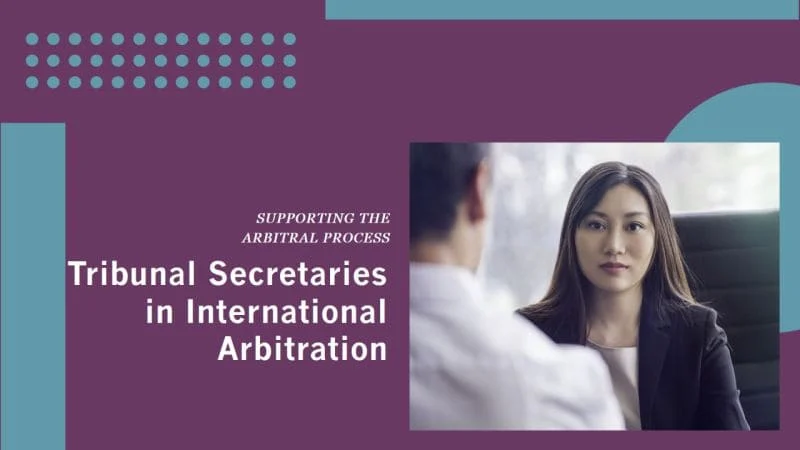Commercial Mediators
ADROIT’s team comprises Mediators empanelled with Govt of India Ministry of Corporate Affairs to facilitate Commercial disputes reaching a win-win solution for both parties.
Commercial mediation is a form of alternative dispute resolution (ADR) in which parties involved in a commercial dispute engage in negotiations facilitated by a neutral third party, the mediator, to reach a mutually acceptable resolution. Here's an overview of commercial mediation:
Commercial mediation is a voluntary process, meaning that parties must agree to participate in mediation voluntarily. It offers parties greater control over the outcome of the dispute compared to traditional litigation.
The mediator is a neutral and impartial third party who assists the parties in communicating, identifying issues, exploring options, and reaching a resolution. The mediator does not impose a decision but helps facilitate constructive dialogue and negotiation between the parties.
Confidentiality is a fundamental principle of commercial mediation. Discussions, communications, and documents shared during mediation are generally confidential and cannot be disclosed or used in subsequent legal proceedings without the parties' consent.
Commercial mediation is generally less formal and adversarial than court litigation. Parties have the opportunity to express their interests, concerns, and perspectives in a less confrontational setting, fostering open communication and cooperation.
Mediation allows parties to customize the process to suit their specific needs and preferences. They can choose the mediator, schedule sessions at convenient times, and determine the agenda and focus of discussions.
Unlike litigation, which often focuses solely on legal rights and remedies, commercial mediation encourages parties to consider their underlying interests, goals, and priorities. This focus on interests facilitates creative problem-solving and the exploration of mutually beneficial solutions.
Commercial mediation is generally more cost-effective than litigation, as it typically involves fewer procedural formalities, shorter timeframes, and lower legal fees. Parties can save time and money by resolving disputes efficiently through mediation.
Mediation can help preserve business relationships and goodwill between parties, as it fosters cooperative problem-solving and reduces the adversarial nature of dispute resolution.
If parties reach a settlement through mediation, they can formalize the agreement in a written settlement agreement, which is legally binding and enforceable. This provides certainty and finality to the resolution of the dispute.
Commercial mediation is not mutually exclusive with litigation. Parties can pursue mediation concurrently with or as an alternative to litigation, and mediation can be initiated at any stage of the dispute resolution process.
Overall, commercial mediation offers parties a flexible, efficient, and collaborative approach to resolving commercial disputes, allowing them to maintain control over the outcome and preserve important business relationships.
ADROIT’s other services include:






